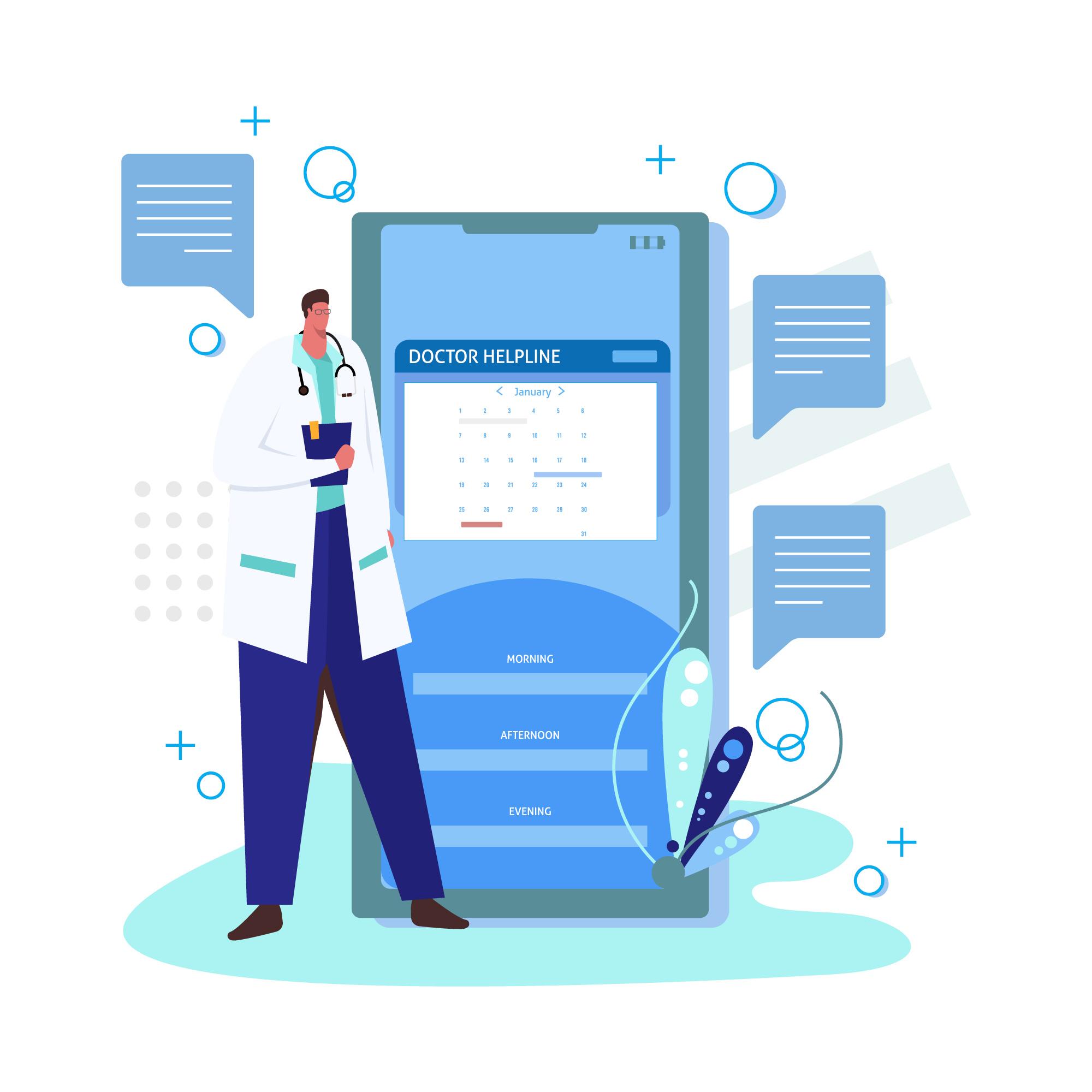
5 minute read
Top Trends in Healthcare App Testing Services for 2024

In recent years, the healthcare sector has seen a substantial digital change, and mobile health (mHealth) applications have been essential to improving patient care, increasing operational effectiveness, and facilitating telemedicine. Making sure healthcare apps are safe, dependable, and easy to use is becoming more and more crucial as the need for digital health solutions keeps rising. In order to make sure that these apps fulfill the strictest requirements for security, functionality, and compliance, healthcare app testing services are at the forefront.
The most recent technological developments and the changing demands of the healthcare industry are driving a number of trends in healthcare app testing services as 2024 approaches.
1. Increased Focus on Data Security and Privacy
Since healthcare apps handle private patient data, including health histories, personal information, and medical records, data security and privacy have taken precedence. It is imperative for healthcare firms to make sure that their applications adhere to data privacy laws such as GDPR and HIPAA. Security testing, which includes encryption verification and penetration testing, will be given even more importance by healthcare app testing services in 2024.
Through the implementation of strong defenses to safeguard patient data, security testing will also cover new cybersecurity risks like ransomware and data breaches. Healthcare app testing services may aid avert possible security risks by utilizing the most recent security procedures and instruments, guaranteeing that patient information is secure and private.
2. AI and Machine Learning Integration in Testing
The integration of Artificial Intelligence (AI) and Machine Learning (ML) is revolutionizing the healthcare industry, and testing services are no exception. AI-powered tools are being used to enhance the accuracy and efficiency of healthcare app testing. In 2024, healthcare app testing services will increasingly rely on AI and ML to identify patterns and potential vulnerabilities more quickly than traditional testing methods.
AI can automate many testing processes, reducing the time it takes to identify issues and improving the overall testing process. It also allows for more predictive analytics, enabling testers to foresee potential problems based on historical data, which can significantly improve the quality of the app before it is released to the public.
3. Focus on Interoperability Testing
Interoperability testing has been a crucial area of concern as healthcare apps are increasingly connected with other medical systems, including Electronic Health Records (EHRs), medical devices, and laboratory systems. The seamless interchange of patient data and the promotion of provider collaboration depend on healthcare applications' ability to interface with a wide range of other technologies.
Interoperability testing will be a top priority for healthcare app testing services in 2024 in order to guarantee that apps can effectively connect with a variety of healthcare technology. This testing will assist developers in making sure that the app functions on a variety of platforms and devices and that patient data is accurately transmitted between systems.
4. Emphasis on User Experience (UX) and Accessibility
The success of healthcare applications, particularly in an industry where consumers frequently navigate complicated health challenges, depends on a well-designed, user-friendly user interface (UI) and an overall good user experience (UX). Usability testing will remain a major focus of healthcare app testing services in 2024 in order to make sure that apps are user-friendly for administrators, healthcare professionals, and patients alike.
Furthermore, accessibility testing will become more crucial in order to guarantee that applications can be used by individuals with disabilities, such as those who have visual, auditory, or movement impairments. Testing services will concentrate on making sure apps adhere to the Web Content Accessibility Guidelines (WCAG) in order to improve patient happiness and engagement by offering an inclusive experience for all users.
5. Cloud-Based Testing and Continuous Integration
With the increasing use of cloud technologies in healthcare apps, cloud-based testing will be a key trend in 2024. Healthcare app testing services will leverage cloud platforms to test apps for scalability, performance, and reliability under varying levels of traffic. Cloud-based testing enables testing across different environments, making it easier for developers to simulate real-world conditions and test apps in a flexible, cost-effective manner.
Moreover, continuous integration (CI) and continuous deployment (CD) practices will become more common in healthcare app development. These practices involve the continuous testing and integration of new features into the app, ensuring that updates don’t disrupt the app’s performance or security. Testing services will evolve to support these CI/CD pipelines, helping developers ensure that new features are thoroughly tested before they are deployed to end users.
6. Focus on Real-World Testing Scenarios
In 2024, healthcare app testing services will expand to include real-world testing scenarios, ensuring that apps are tested under conditions that reflect how patients and healthcare providers will actually use them in everyday settings. This includes testing apps under network limitations, various device configurations, and other unpredictable variables that could impact app performance.
Real-world testing helps to identify issues that might not be caught in controlled environments and ensures that the app can perform well under diverse conditions, including when there is limited connectivity or high demand.
Conclusion
In order to guarantee that mobile health solutions are safe, dependable, and efficient, healthcare app testing services must stay up to date with new developments in technology and developing trends as healthcare continues to change in the digital era. Trends including heightened security awareness, AI integration, interoperability, UX improvements, cloud-based testing, and real-world testing scenarios will influence healthcare app development in 2024 and guarantee that applications provide patients with safe, high-quality care.
Healthcare companies and app developers may continue to enhance user experiences, adhere to legal requirements, and provide innovative digital health solutions that enhance patient care by adopting these trends.










